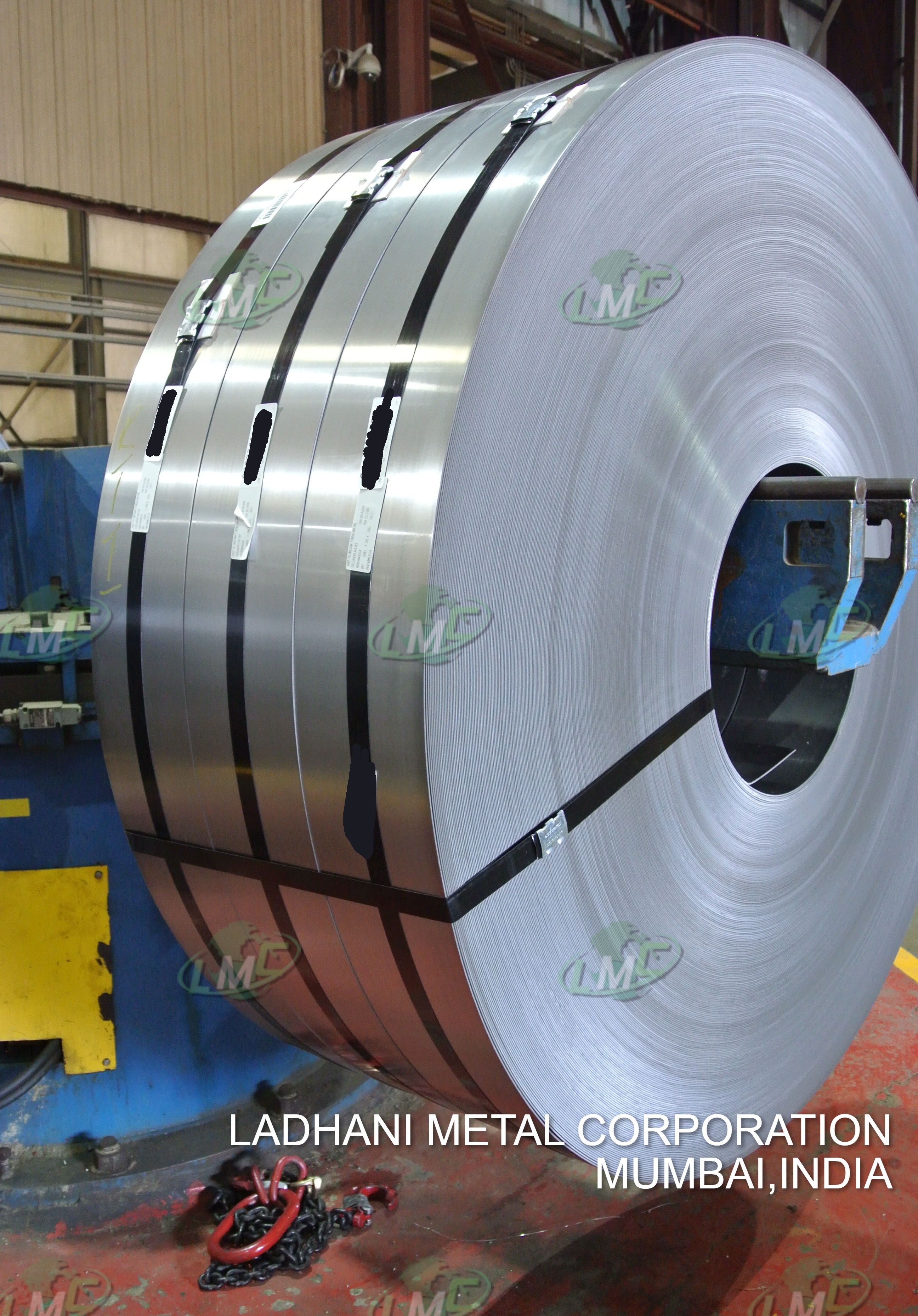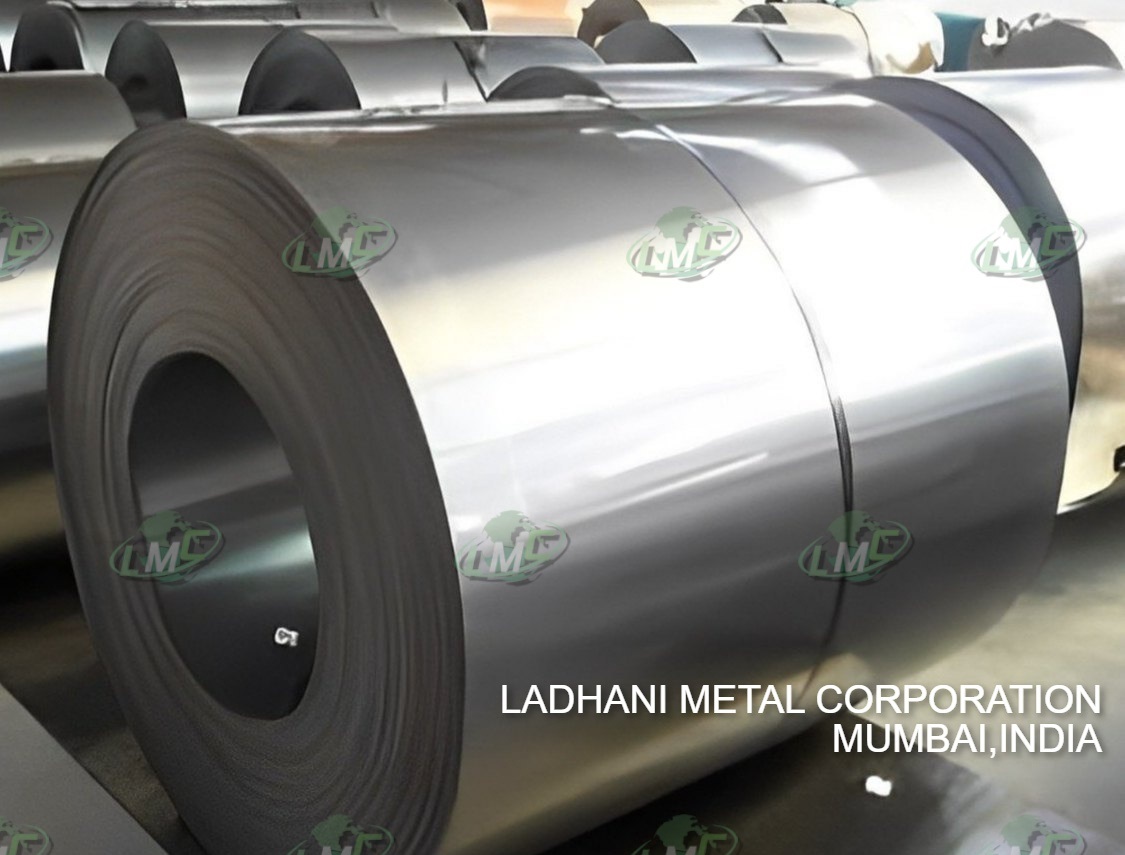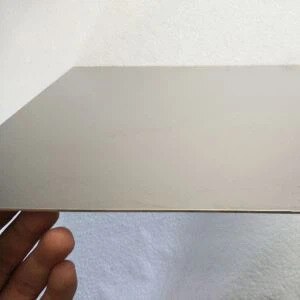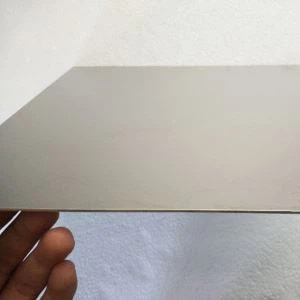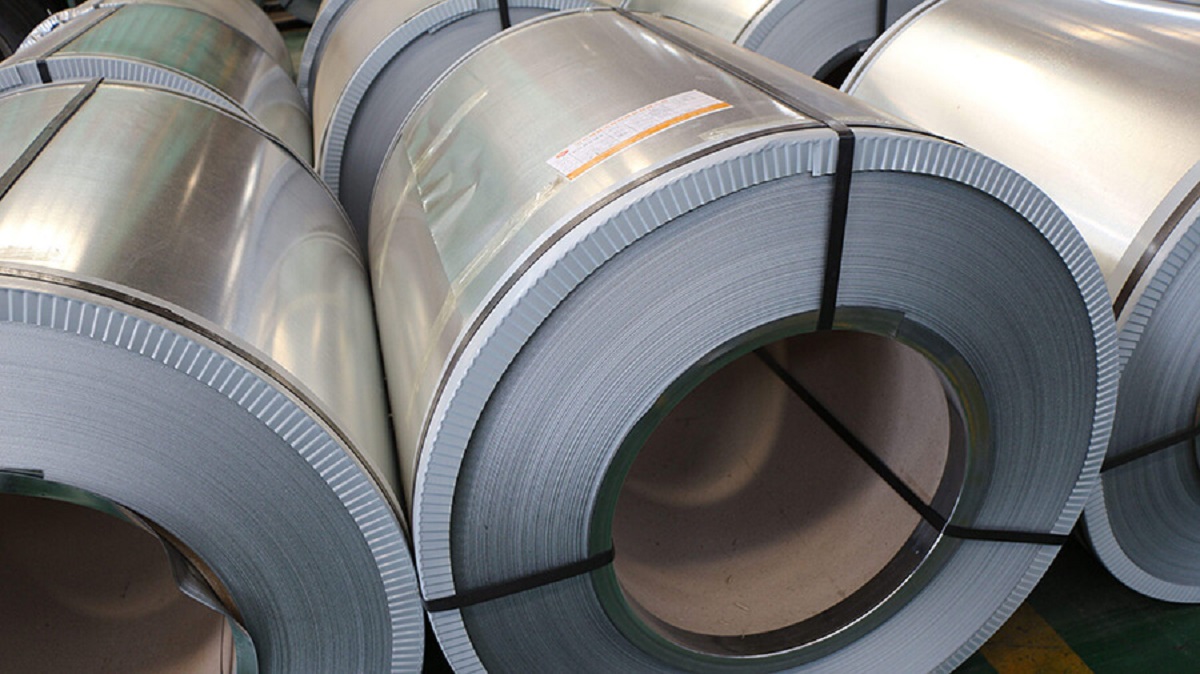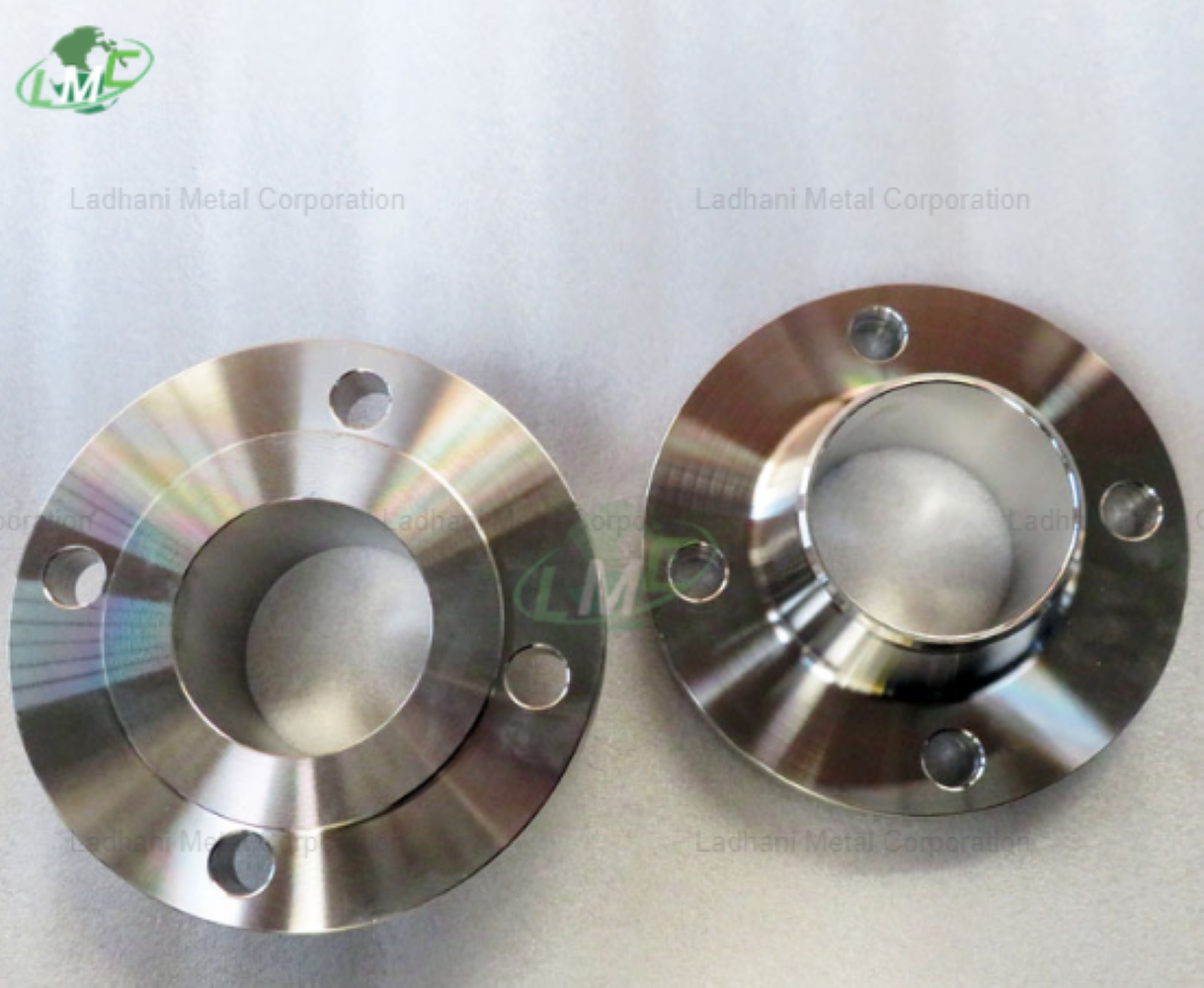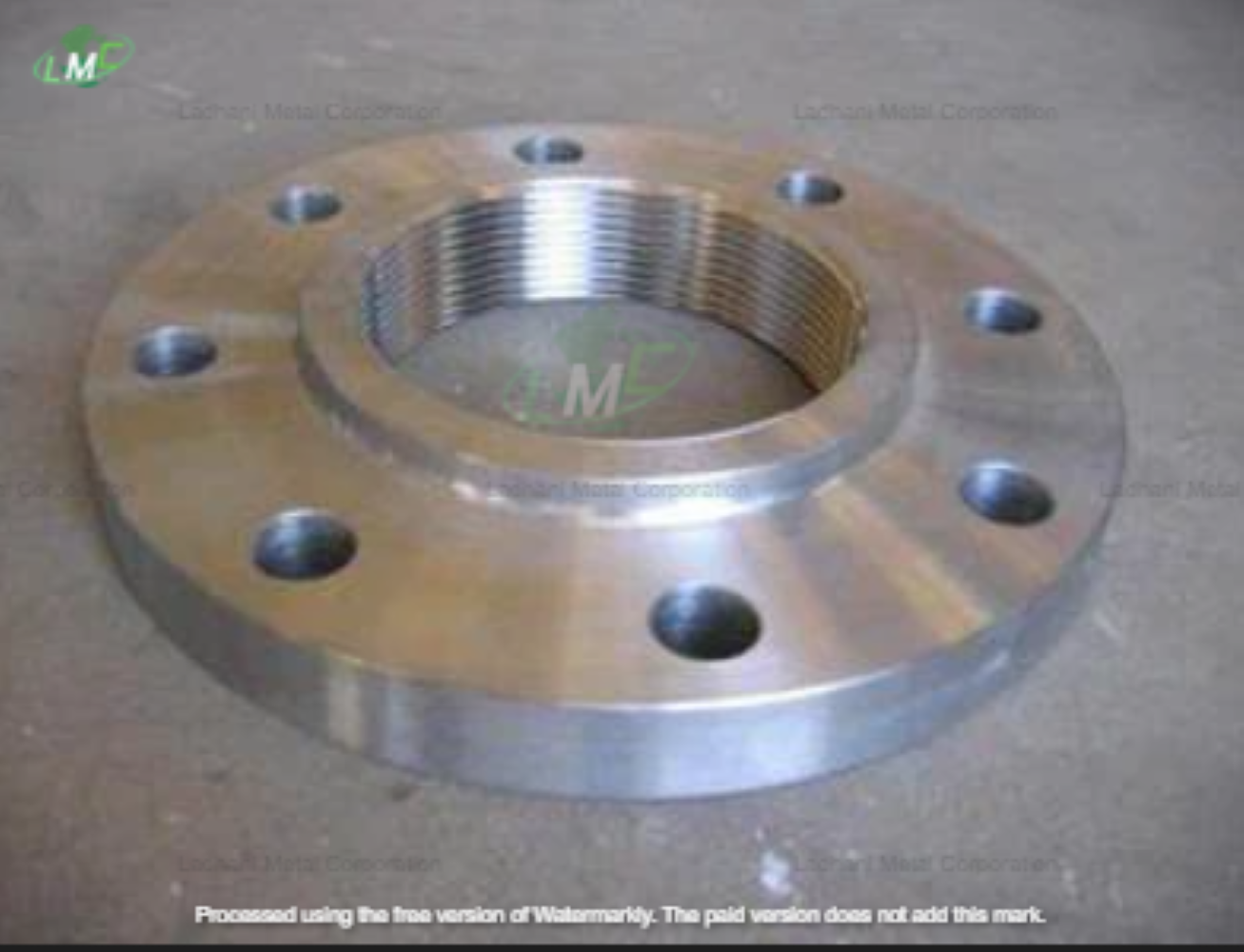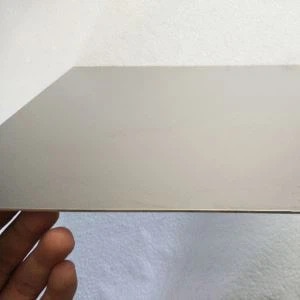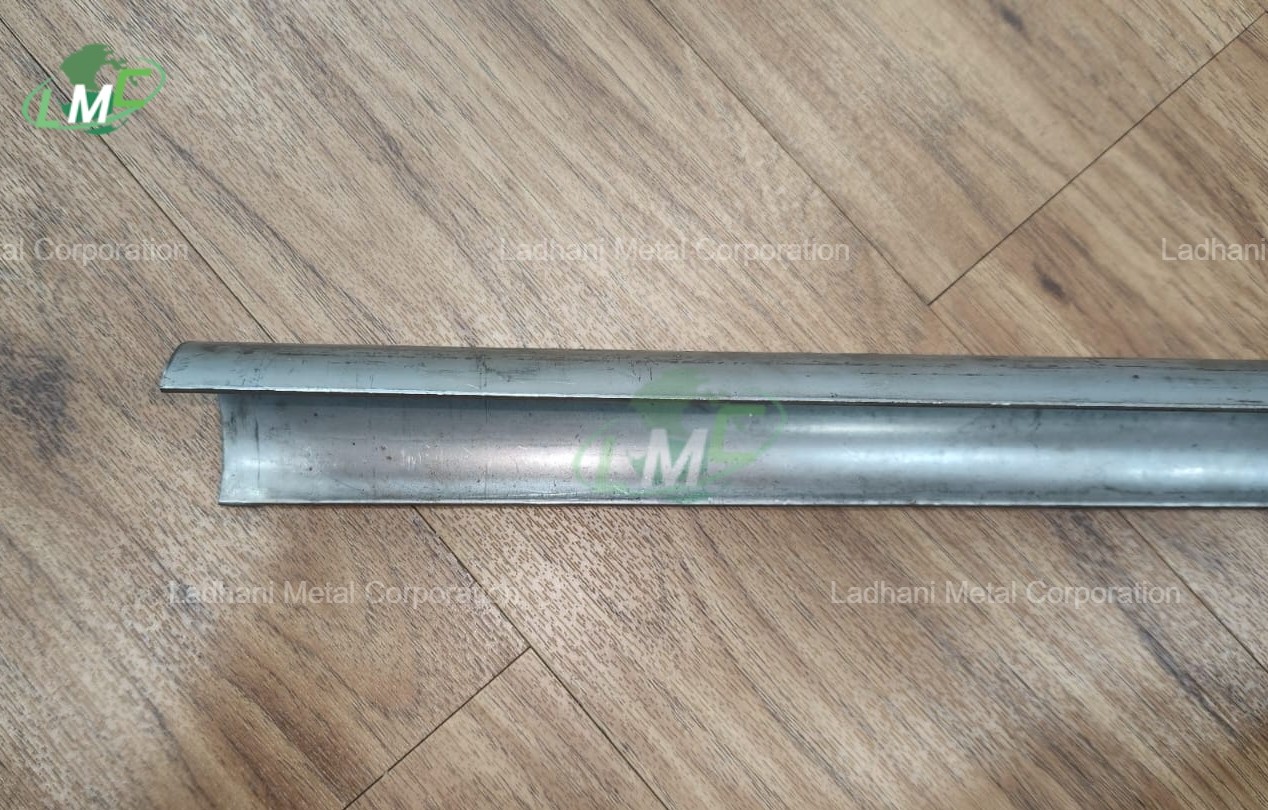Quality Standard Material No. Old designation DC01 DIN EN 10130 1.0330 ST 12-03 Cold-rolled flat steel DC01, according to the standards DIN EN 10130 and DIN EN 10152 Cold-rolled flat steel DC01 is a widely used material in the industrial sector, which is used for various applications in the cold forming process due to its excellent properties. The standards DIN EN 10130 and DIN EN 10152 are decisive for ensuring the quality and requirements of this material. DC01 according to the DIN EN 10130 standard The DIN EN 10130 standard defines the requirements for cold-rolled flat products made of unalloyed quality steels that are used in the cold forming process. Technical delivery conditions DIN EN 10130 specifies the technical delivery conditions for cold-rolled flat steel. These include the chemical composition, mechanical properties and surface quality. The standard ensures that the products supplied meet the required standards in order to guarantee workability and final quality. Chemical composition The chemical composition of the steel is decisive for its properties and is described in detail in DIN EN 10130. For DC01, the maximum carbon content is 0.12%, while the manganese and phosphorus content is also subject to specific limits. This composition ensures good cold formability and a high surface quality. Mechanical properties DC01 in accordance with DIN EN 10130 has specific mechanical properties that make it ideal for cold forming. These include a minimum tensile strength of 270-410 MPa and a minimum elongation of 28%. These properties allow the steel to be processed into complex shapes without cracking or breaking. Surface quality The surface quality is another aspect of DIN EN 10130. DC01 can be supplied in different surface finishes, such as smooth or matt. These variations allow adaptation to specific requirements of the end application, be it for decorative purposes or further coating processes. DC01+ZE according to the DIN EN 10152 standard The DIN EN 10152 standard extends the requirements of DIN EN 10130 to include specific conditions for electrolytically galvanized products. This standard is crucial for applications in which corrosion protection plays an important role. Technical delivery conditions DIN EN 10152 specifies the technical delivery conditions for electrolytically galvanized, cold-rolled flat products. In addition to the chemical composition and mechanical properties, these conditions also include the specific requirements for the zinc coating. Chemical composition and zinc coating The chemical composition of the base material DC01 generally remains unchanged, but an additional electrolytic zinc coating is applied. This coating is used for corrosion protection and varies in thickness depending on the specific requirements of the application. The standard provides detailed specifications for the thickness and uniformity of the zinc coating to ensure optimum protection. Mechanical properties Even with galvanized products, the mechanical properties of the base material are largely retained. The standard ensures that the cold formability and strength of the steel are not impaired despite the additional coating. Corrosion resistance and surface quality One of the main advantages of products manufactured in accordance with DIN EN 10152 is their improved corrosion resistance. Electrolytic galvanizing protects the steel from rust and thus increases the service life of the end product. The surface quality also plays a decisive role here and can be supplied in various finishes, such as smooth or textured. Conclusion Cold-rolled flat steel DC01, produced in accordance with the DIN EN 10130 and DIN EN 10152 standards, offers a number of advantages for applications in the cold forming process. While DIN EN 10130 defines the basic requirements for chemical composition, mechanical properties and surface quality, DIN EN 10152 extends these specifications to include specific conditions for electrolytically galvanized products that offer additional corrosion protection. Both standards together ensure that DC01 is a versatile material with high quality and durability. FOR EN 10130 DC01 CHEMICAL , MECHANICAL DATA SHEET KINDLY VISIT https://www.ladhanimetal.in/page/en-10130-2006-chemical-and-mechanical-composition/689c322d2e585e299cb43798 https://www.ladhanimetal.in/page/en-10130-cold-rolled-flat-sheet-plate-coil-data-sheet-equivalent-grade-and-chemical-and-mechanical-properties/68a45503fc14472bb274df32
Send Message
